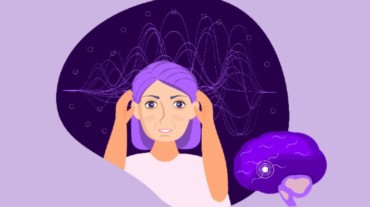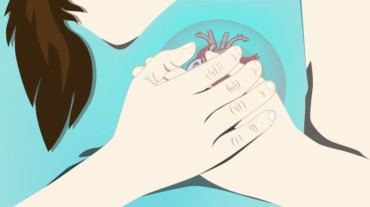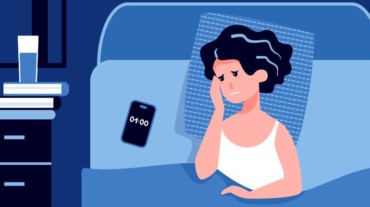
Ever heard about epilepsy? It’s a disorder in which the flow of nerve cell activity gets disturbed and causes seizures. And a research just found that young individuals are actually six times more prone to epilepsy-related death.
A study published in European Academy of Neurology (EAN) states that even though there have been advances in medical treatments of epilepsy, the statistics for epilepsy-related deaths did not decrease between 2009 (6.8 per 100,000) and 2015 (9.1 per 100,000). We must all be wary of its signs, considering how 78% of epilepsy-related deaths were found under the age of 55 years even though it was potentially avoidable.
How did the research start?
In order to understand the impact of epilepsy on young individuals, researchers collected anonymous data from healthcare settings for patients that died between 2009 and 2016. Through this data they identified 2,149 epilepsy-related deaths.
Even though more than a quarter (516) were seen in a neurology clinic getting epilepsy treatment, about 60% of these patients (1,276) had one or more seizure-related or epilepsy-related hospital admission in the years prior to death . This shows how young people may often leave the symptoms of epilepsy go unnoticed.
What did they find?
Interestingly, even though young people are found to be more likely to be struggling with epilepsy, it is found that the neurological disorder is actually avoidable. A study researcher from the University of Edinburgh, Gashirai Mbizvo stated: “Epilepsy patients are at a higher risk of early death than the general population, but reasons for this are unclear.”

What are some of the most common causes of death due to epilepsy? Some of them include aspiration pneumonia, cardiac arrest, congenital malformation and alcohol-related deaths.
How can this study further help in epilepsy related studies?
“We hope that we can use this data to learn lessons and reduce the burden of epilepsy-related deaths in the future, many of which we believe are likely to be avoidable,” Mbizvo stated.
Since it is avoidable, our biggest tool to reduce the statistics of people impacted is through informed awareness about what causes it and how can we curb it.
The data collected in this research shall be compared with data from living patients with epilepsy of the same age and gender. This shall help us understand the impact the one’s age and gender has on their risk of having an epilepsy seizure.
The major objective is to “highlight risk factors, and identifying those that could be prevented, might lead to changes in epilepsy care and, ultimately, fewer epilepsy-related deaths in the future,” the researchers stated.
The takeaway?
The chronic non-communicable brain disorder, epilepsy actually impacts around 50 million people globally. Knowing the fact that it is one of the most common neurological diseases worldwide, knowing the risk factors of this disorder shall help us prevent epilepsy-related deaths in the future.

Even though the underlying factors of epilepsy seizures are still unknown, we must be aware of certain factors that can help avoid epilepsy-related seizures. Some of these include missing medication doses, heavy booze intake, consumption of drugs, and even lack of sleep.
Also, research found that one out of every two women suffering from epilepsy, experience seizures usually around their menstrual periods cycle. Therefore, we must look into our individual risk factors of experiencing epilepsy seizures and inform ourselves on how to handle it, in case we experience it. After all, preventative care is much better than cure!
Select Topics of your interest and let us customize your feed.
PERSONALISE NOW(With inputs from IANS)